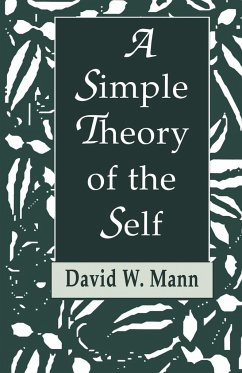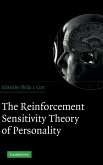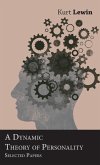In a book described by Harvard professor Leston Havens as a "stunning intellectual achievement", psychiatrist David Mann proposes an entirely new perspective on psychodynamics. He begins by revisiting the original concept of theory: a particular point of view. Then he traces the origins of scientific theory to self-experience, ultimately demonstrating that science is the self-portrait of mind. After exploring various theories of psychoanalysis, their origins and shortcomings, he proposes a new view of the self as defined by the dimensions of reflexivity, bodiness, and time, which, fused in feeling, form the kernel of psychic reality, the irreducible center of being. Exploring the normal and pathological states of the self as variations of this model, Mann shows how the theory can restructure one's understanding of the gamut of psychiatric disorders. The model suggests an unseen order to the chaos of classical psychopathology. Unconsciousness, uncertainty, and what appear classically as "mechanisms of defense" all derive simply from this point of view. Various repetitions - from addictions to deliberate suffering - can be seen as misplaced efforts to own oneself and to belong in one's relationships. The final chapters include the transcript of a brilliant consultative session, along with a discussion of this transcript. The simple theory of the self not only illuminates the patient's feelings and dilemmas but also shapes the therapist's behavior during the therapy session. Placing psychodynamics into clear historical, scientific, and philosophical perspective, David Mann offers his readers a startling new perspective on that entity so close and yet so elusive to us all: the self.
Hinweis: Dieser Artikel kann nur an eine deutsche Lieferadresse ausgeliefert werden.
Hinweis: Dieser Artikel kann nur an eine deutsche Lieferadresse ausgeliefert werden.








